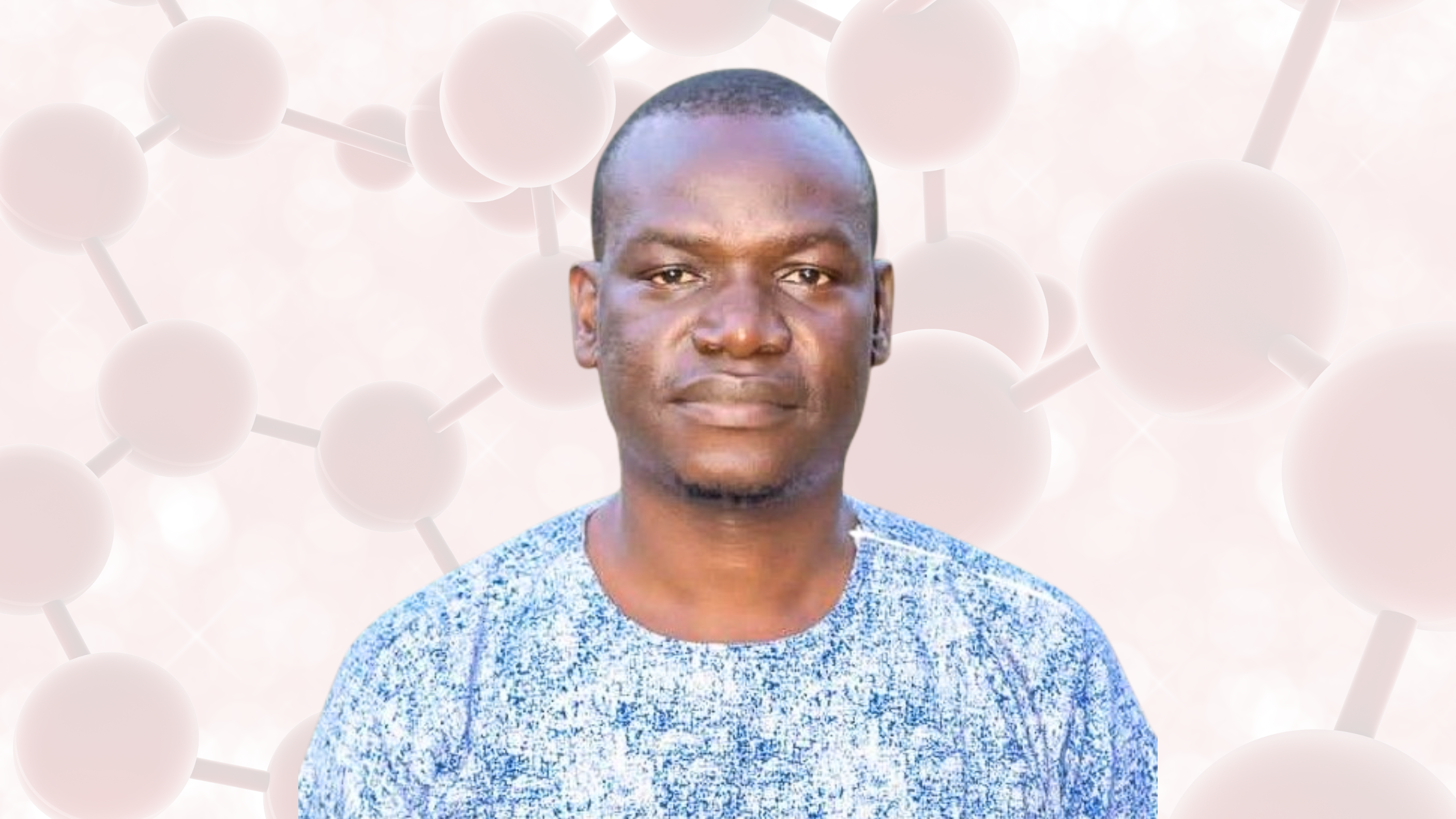
2025
My project titled “Decoding the role of HIV-1 accessory proteins in cervical cancer progression” is focused on understanding the molecular mechanisms by which HIV-1 accessory proteins mediate paracrine-level changes in cervical cells. The overarching goal is to identify therapeutic targets for cervical cancer in women living with HIV.
My project seeks to identify HIV accessory proteins and human host cell proteins that are crucial for accelerated cervical cancer progression seen in HIV-1 infected women. Our project aligns with the objective of HARC which is to improve our understanding of the interactions between HIV accessory and regulatory proteins and host cellular signaling systems, with the goal to expand on therapeutic targets and treatment modalities for HIV/AIDS.
The most inspiring aspect of my research is the ability to identify network-level convergence between how HIV-1 accessory proteins and cervical cancer susceptibility proteins. In addition, the study will evaluate how each of the HIV-1 accessory proteins alter the immune cells to drive pro-cancer signaling in cervical cells. These approaches will lead to the development of mechanistic hypotheses by which HIV-1 accessory proteins mediate paracrine-level changes in cervical cells, laying the groundwork for follow up mechanistic studies that will aim to directly probe therapeutic targets revealed by these approaches.
HIV-1 remains a major public health burden, particularly in low-and-middle income settings. Although major milestones have been made in the basic molecular biology of HIV leading to the development of many effective antiretroviral therapies (ART). However, women living with HIV and have fully reconstituted immune system as a result of adhering to ART continue to develop debilitating HIV-associated diseases such as cervical cancer. Thus, there is need for a mechanistic understanding of how HIV contributes the development of debilitating conditions such as cancer. Delineating the protein network drivers of this disease is essential to understanding the mechanisms underlying the disease. I seek to leverage my diverse expertise in network modeling, bioinformatics and systems biology to address this question. These approaches are likely to be translated to other HIV-associated diseases beyond cervical cancer. This knowledge is translatable to other HIV-associated diseases and could help identify new therapeutic targets leading to wholistic treatment of HIV/AIDS and its associated diseases.